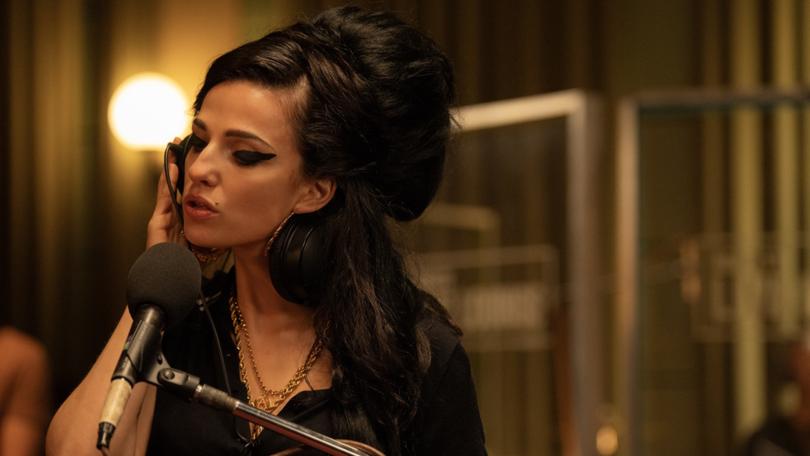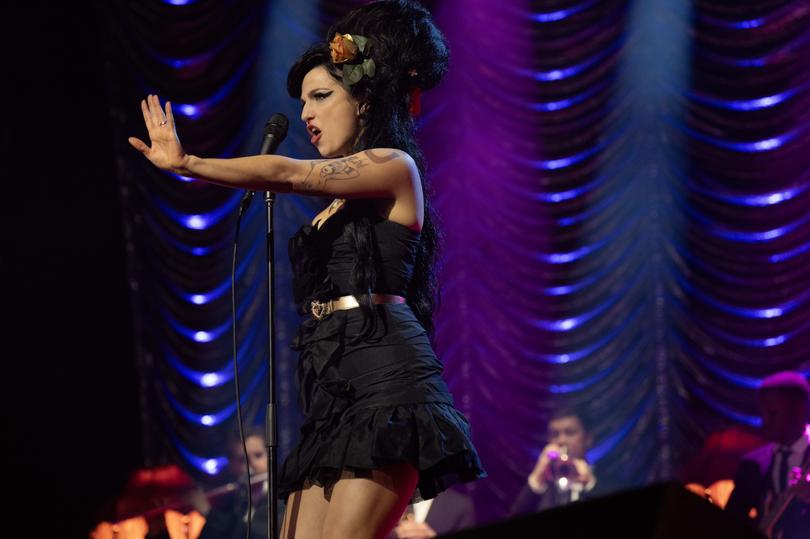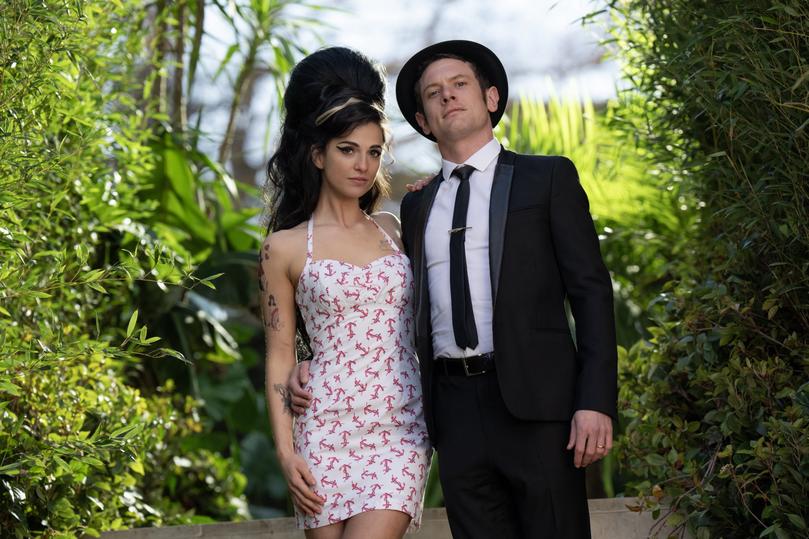Back to Black: Amy Winehouse biopic is off-key
Amy Winehouse was a rare musical talent with a complex personal life but the first biopic of her life reduces her to someone with a love addiction.

What is there left of Amy Winehouse’s story that hasn’t been told?
The tumultuous, short life of the gifted chanteuse has been raked over, not just in the 13 years since her death when she was alive, played out in the tabloids and online.
But the drug and alcohol abuse, the drunken performances, the messy paparazzi shots and the toxic marriage never overshadowed her enormous talent.
Sign up to The Nightly's newsletters.
Get the first look at the digital newspaper, curated daily stories and breaking headlines delivered to your inbox.
By continuing you agree to our Terms and Privacy Policy.While she’ll forever be associated with her personal dramas, if you even utter her name, the depths of her sultry voice will immediately penetrate – Valerie or Rehab will live rent free in your head for days.

Back to Black, directed by Sam Taylor-Johnson, is the first Winehouse narrative biopic and it’s a sympathetic portrait of a woman who was dogged by demons and used that pain for her art.
Starting in the early 2000s, Amy (Marisa Abela) is a teen in north London, eking out a living gigging in clubs and hanging out with her nan Cynthia (Lesley Manville). She declares her nan is her style icon, borrowing from her 1950s aesthetic and tastes, which extends to her musical influences such as Dinah Washington.
She signs a manager, followed quickly by a record deal and before long, her name is on the side of a bus. But before she could be pushed back into the studio, she decided to take a break so life could happen to her.
At the pub, she meets Blake (Jack O’Connell), a video production assistant who introduces her to the Shangri-Las. The chemistry is palpable and it’s instant. Amy cannot stop thinking about Blake and that fateful night begins a torrid romance that has all the signs of toxic co-dependency.
Through Taylor-Johnson’s lens, Amy and Blake are wildly, passionately and exhilaratingly in love, and Abela and O’Connell’s onscreen sparkage convincingly sells their bond.

But the strength of that relationship takes over the whole film for a massive chunk of it and Back to Black often reduces the character to a woman who defined herself in relation to Blake. Even when she’s not with him, she’s swimming in the desire for him.
Amy was addicted to many things, but above all, she jones for Blake. The film depicts her stockpile of vodka bottles, the crack cocaine (he gifts her rocks in a ring box on their wedding night), the endless smoking and a few references to her bulimia.
But it’s all surface-level and jumps from moment to moment as if they’re vignettes rather than a coherent whole. It has such reverence for Winehouse that it lacks the honesty the 2015 Oscar-winning documentary Amy was able to present.
And there is little time spent on Amy’s artistic process, you never get a sense of what really drives her to create. This film will not give you a better understanding of Winehouse or of addiction.
But what is remarkable is Abela’s towering performance, layered with vulnerability, grit and compassion. The rising star is best known for her role as a young, ambitious and naïve banker in the cancelled HBO series Industry and Back to Black is a coming out moment for her.
Abela also does all her own singing in the film and there are flashes when it seems like you are seeing and hearing the real thing.
Rating: 2.5/5
Back to Black is in cinemas now

